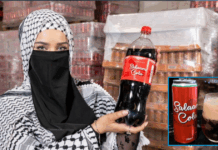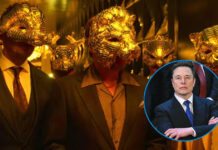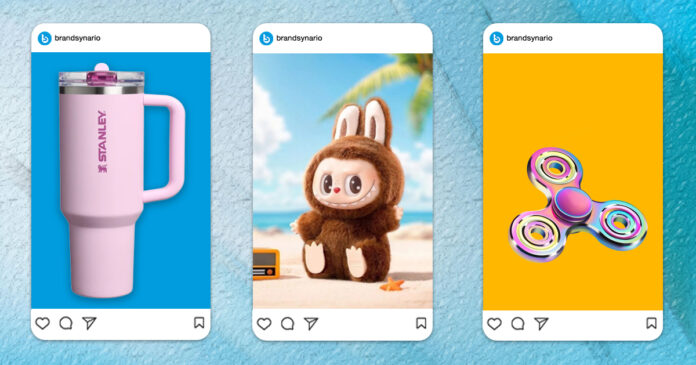In the digital era of mindless scrolls and algorithm-driven desires, it takes something extraordinary and special to stand out and grab global attention.
However, the last decade has seen the explosion of many bizarre hype products. These may have no intrinsic beauty or value, yet many have become global obsessions.
These hype products have taken up an identity of their own, becoming larger-than-life characters, creating subcultures among like-minded individuals.
Labubu
Once upon a time, young girls wanted Barbie dolls, and boys were obsessed with Batman action figures. Today, many kids want Labubu.
A cute and creepy collectable that has effectively become the mascot of Pop Mart, Labubu defies traditional conceptions of innocence and cuteness. This bizarre quality has appealed to the tastes of many, both young and old alike.
A unique aesthetic “Instagrammable” appeal, the exclusivity of popular editions, and a solid customer base, Labubu had all the tools to become a hype product.
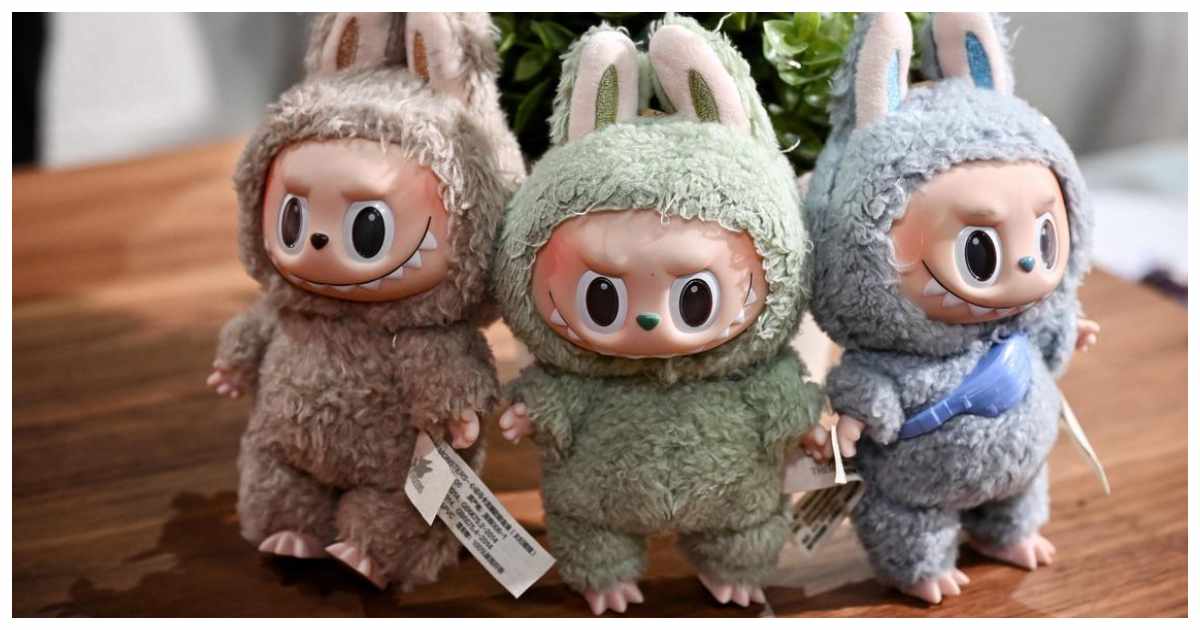
Stanley Quencher
At the turn of the 21st century, few would have imagined that a water bottle would become a status symbol and cultural icon, yet that is exactly what happened with the Stanley Quencher.
Renowned for their unmatched durability and ability to fit in cup holders, Stanley Quenchers gained popularity in 2020-21 due to influencer-led campaigns, appealing to female tastes.
View this post on Instagram
Fidget Spinners
In the late 2010s, especially the 2015-17 period, Fidget Spinners were one of the biggest toy crazes. Famous YouTubers promoted them and provided users with tricks. Their videos got millions of views.
They were marketed as tools for hyperactive individuals or those with legitimate disorders like ADHD, but they quickly caught on with the general population.
Shaped like a mini ceiling fan, the individual had to hold the centre pad and flick any arm, causing the device to spin. It was different, fun, and highly addictive, which is why everyone had fidget spinners during the height of their popularity.
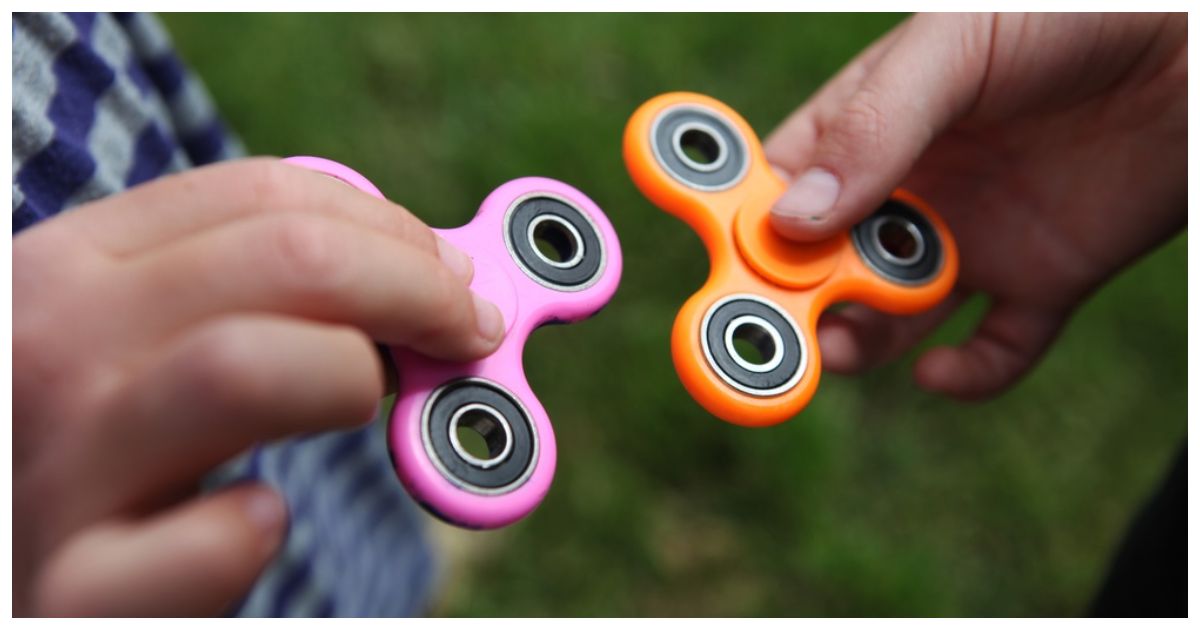
Slime
Like fidget spinners, Slime was also marketed as a stress-reliever, but it stood out because it could be made at home by mixing glue, water, borax, and optional extras like beads or food colouring.
There were different types of slime textures, and each made a unique, satisfying sound with an Autonomous Sensory Meridian Response (ASMR) appeal. Furthermore, slime quickly became a form of creative expression.
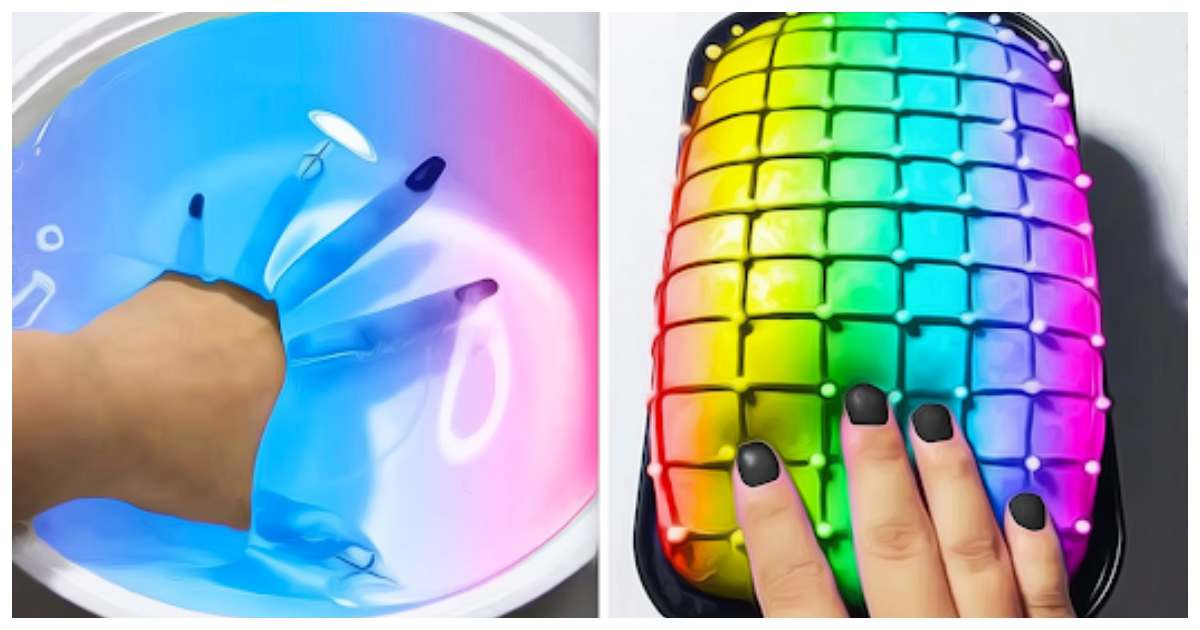
Pop Its
During the lockdown era, the world sought comfort in Pop Its, a fidget toy with pop-able bubbles. The popping sounds were satisfying and gentle to the ear, and it thought to release stress and provide relief.
Unlike slime, pop its created no mess. Furthermore, it came in all shapes, sizes, and colours, encouraging its use as a collectable.
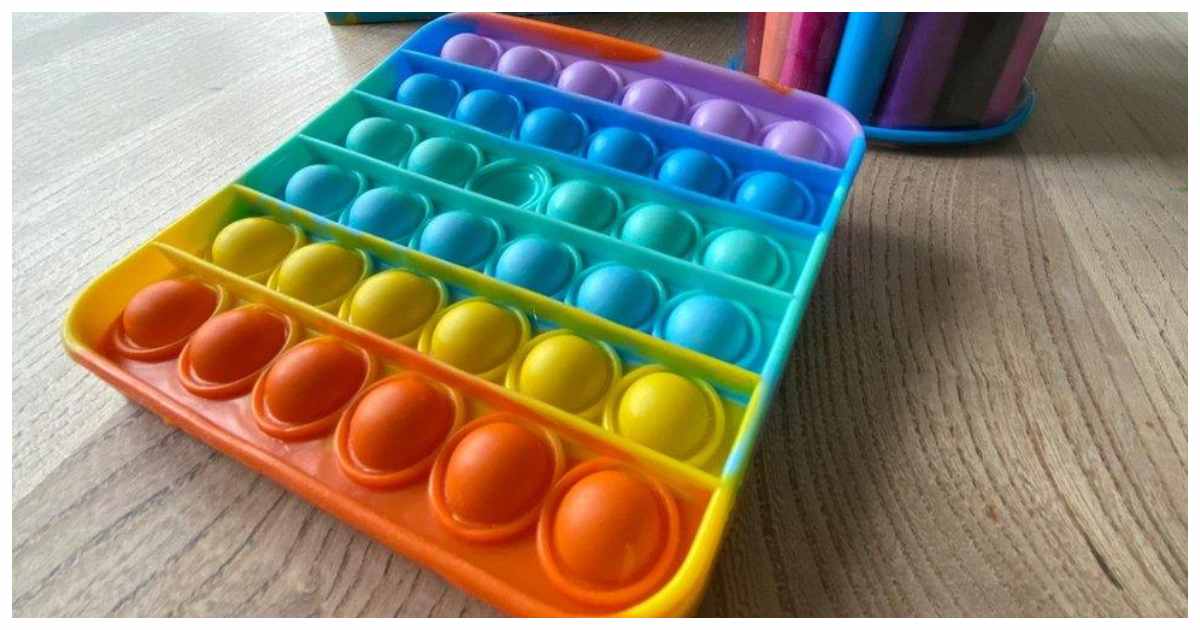
A New Way of Life
The popularity of hype products hinges on their ability to influence identities and create subcultures. In this way, they guide a new lifestyle among like-minded individuals.
Take Labubu as the perfect example. The ugly-but-cute character with serrated teeth caught on with Generation Z. This was because many saw a bit of themselves in Labubu.
Given the rapid spread of globalisation and social media, traditional notions of cuteness and innocence have broken down with the emergence of new trends and tastes.
Labubu exemplified these modern notions, appealing to Gen-Z. They resonated at a deeper level, creating a loyal customer base.
Stay tuned to Brandsynario for the latest news and updates.





